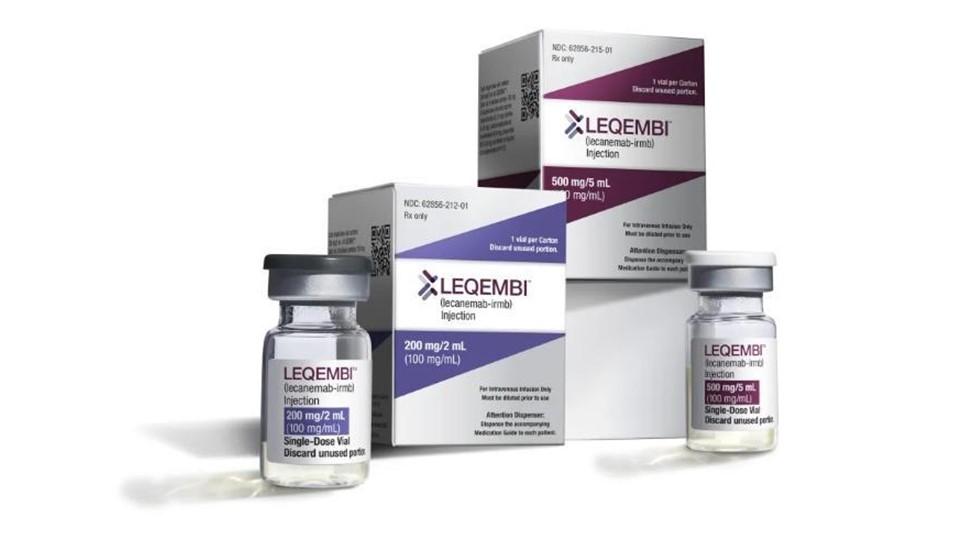Alzheimer’s drug Leqembi moves forward, still in low gear

Biogen has given an update on the rollout of its Eisai-partnered Alzheimer’s disease therapy Leqembi alongside its first-quarter results, showing that while the drug’s take-up is building, it remains slow going.
In-market sales were $19 million in the quarter, up from $7 million in the fourth quarter and $10 million for 2023 as a whole, with a 2.5-fold increase in the number of patients currently on treatment with the anti-amyloid drug.
Biogen also pointed to an acceleration in new patient starts in March, a group which now accounts for around 20% of the total number taking Leqembi (lecanemab), which chief executive Chris Viehbacher said was evidence of “momentum building” behind the launch.
Leqembi was launched at the start of last year after an accelerated approval for patients with Alzheimer’s and confirmed elevation in amyloid beta but the $26,500-a-year product wasn’t able to be reimbursed by Medicare until the FDA awarded it full approval a few months later.
Even after those restrictions were lifted, it has reportedly struggled to get traction due to a requirement for diagnostic testing and monitoring for side effects, access to clinical capacity for the twice-monthly infusions needed with treatment, and lingering scepticism about its benefits among physicians.
Eisai, which is taking the lead on the rollout of Leqembi, had set a target of having 10,000 patients on therapy by the end of the first quarter, but fell short with around 5,600 approved for treatment in early April, according to data from a registry run by the Centers for Medicare & Medicaid Services (CMS) that was reported by the Financial Times.
Viehbacher insisted the new figures were encouraging, adding: “As the launch progresses and infrastructure develops, we continue to believe in the potential longer-term commercial opportunity in Alzheimer’s disease.”
That view was also backed up by analyst consensus estimates, which had predicted sales would be around $11 million in the quarter, and the big question now is whether that trajectory will be sustained in the coming quarters.
Elsewhere in Biogen’s results, Sage Therapeutics-partnered Zurzuvae (zuranolone) for post-partum depression brought in $12 million, also ahead of expectations, though likely short of what Biogen would have hoped for if the FDA had not declined to approve it last year for the much larger indication of major depressive disorder (MDD).
Two other recent launches – Qalsody (tofersen) for SOD1-mutated amyotrophic lateral sclerosis (ALS) and Skyclarys (omaveloxolone) for Friedreich's ataxia – brought in just under $5 million and $78 million, respectively.
Biogen is still feeling the effects of increased competition to its big multiple sclerosis franchise and spinal muscular atrophy (SMA) therapy Spinraza (nusinersen), and overall revenues at the company fell 7% to $2.3 billion in the quarter.













